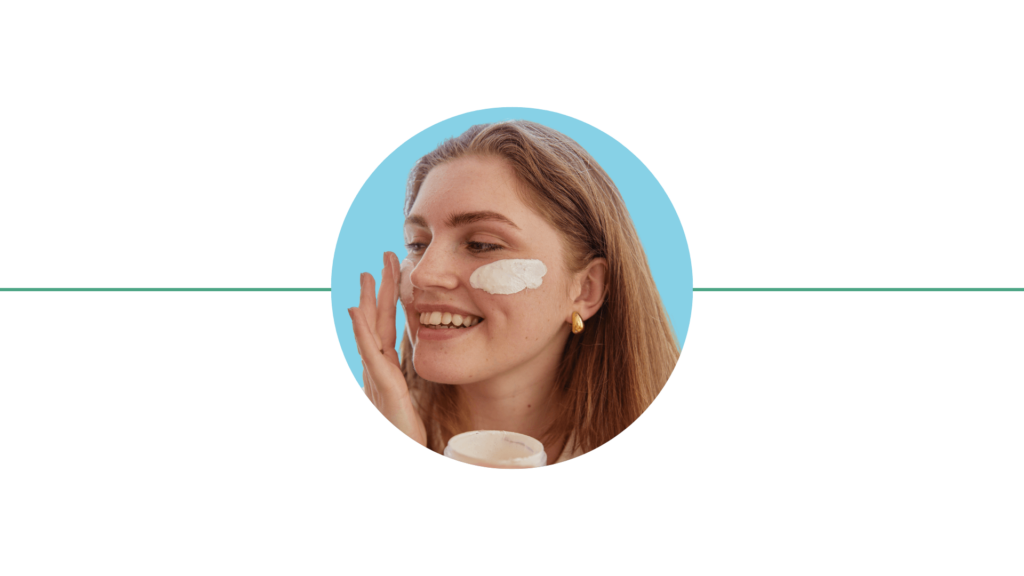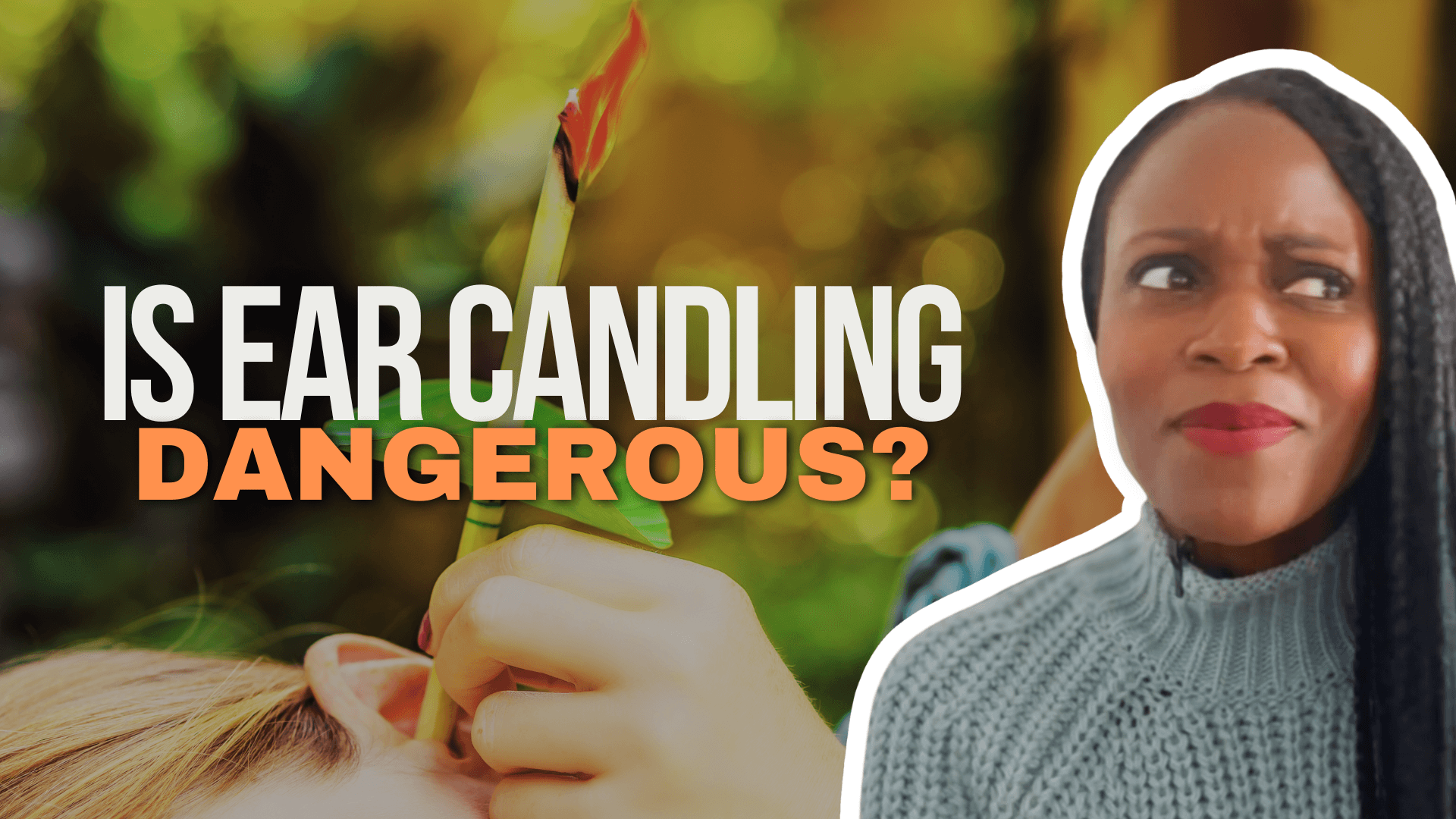- Clean Beauty
It’s Time To Breakup With Sulfates, Parabens, and Phthalates

As you probably know, beauty product marketing is a BIG business. These days, many companies will go to any length to sell their products, sometimes even distracting you from the actual ingredients with pretty packaging, pleasant smells, and buzzwords.
So how can you figure out what’s actually good for your skin and what isn’t?
That’s where carefully reading labels comes in. Don’t just check the front – check the ingredients list.
Why?
Because often, you’ll see healthy-looking things like “real shea butter” on the front of a product and might think “Wow! This is the good stuff!”
But if you turn it around, you’ll see a bunch of less-than-ideal ingredients like sulfates, parabens, and phthalates. These ingredients are really common, but as you’ll see below, they’re not good for your skin at all. Let’s get into why.
Ingredients to Avoid in Your Skincare
Here’s a list of the top three most common (and most concerning!) ingredients that pop up in beauty products and what they can do to your body.
1. Sulfates
Sulfates are everywhere these days, from shampoo to toothpaste. So, if you want to find out if your everyday beauty products contain this sneaky ingredient, check for Sodium Lauryl Sulfate, Ammonium Laureth Sulfate, Sodium Laureth Sulfate, and TEA-Lauryl Sulfate.
Why Sulfates Are Bad For You
Sulfates are known to damage the skin barrier, but that’s not the only reason to avoid them. For example, studies have shown that sodium lauryl sulfate can cause skin irritation and allergic reactions.
If you have sensitive skin, especially, sulfates may aggravate your condition because they’re so drying and have been shown to provoke water loss.
The last thing you want in a product that touches your skin is an ingredient that’s known to be drying and irritating.
So, if you see that a product you use (or are thinking of using) contains sulfates, it may be a good idea to keep shopping.
2. Parabens
Parabens are common in beauty products like makeup and skincare. Look out for Methylparaben, Butylparaben, Ethylparaben, Isobutylparaben, Isopropylparaben, and Propylparaben.
Why Parabens Are Bad For You
Studies have found that parabens may be linked to cancer, particularly breast cancer. There is also research on the relationship between parabens and fertility.
One study showed that, among women who were trying to conceive, the ones who had the highest amounts of parabens in their bodies took the longest to get pregnant.
3. Phthalates
Phthalates are often added to fragrances and include Dibutyl phthalate and Diethyl phthalate.
Why Phthalates Are Bad For You
Phthalates have been shown to cause damage to the liver, kidneys, lungs, and reproductive organs.
In addition to those risks, they may also be human endocrine disruptors. This means that the chemicals can interfere with how hormones work, which can cause various health problems.
You Deserve Better Beauty Products
Your skin is the largest organ of your body. And while it’s considered an organ, it’s really a very advanced sensory mechanism.
That means your skin absorbs products pretty quickly – usually within 24 hours.
So, if you’re applying something with sulfates, parabens, or phthalates, those chemicals will be absorbed by your skin and potentially cause damage.
Try a Healthier Option That Doesn’t Contain Toxic Ingredients
At Clean Rebellion, we’re all about making clean beauty actually clean, with zero nasties. Our Castile soap is organic and includes just a few key ingredients for a gentle cleanse you can feel good about.
And yes, you guessed it: We never use sulfates, phthalates, or parabens – ever. If you’re sick and tired of paying for beauty products that could compromise your health, check out our line of 100% natural Castile soap here.



